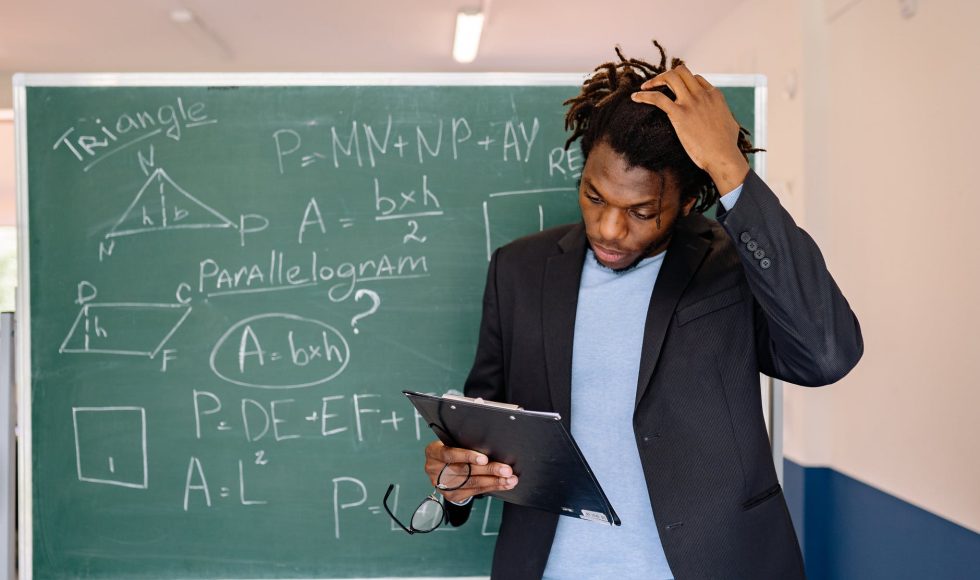Tonight I watched another twenty-minute Open Ed 2021 session about K-12 teacher educators. The session entitled “Permeable Spaces for Complex Identities: Teacher Educators Advancing Open Pedagogy Practices” was presented by Staci Gilpin, an Assistant Professor of Educator, and Stephanie Rollog Yoon, Assistant Professor of Education. Both faculty are from The College of Saint Scholastica and OER Fellows. The William and Flora Hewlett Foundation funded their research. Gilpin began by explaining their lens on open pedagogy by sharing a timeline with key articles they briefly described. They began with Wiley & Hilton 2018, Hilton et al. 2019, Lambert, 2018, and Rajiv & DeRosa 2017 for the potential of openness and co-creation. Rollog Yoon paused to ask the audience to share their lens and theorist or idea they bring with them. Rollow Yoon then introduced the theoretical frameworks for their study: sociocultural identity and multimodality. Sociocultural is fluid, dialogical, and audience aware while multimodality recognizes the use of digital tools and the decisions made to share their perspectives. The study had 29 undergraduate students: 11 students in a small group and 18 students individually. Gilpin mentioned they collected information about student assignments. Students created short videos or short papers as part of their assignments. Students answered a questionnaire that was analyzed by Gilpin and Rollog Yoon. The themes they highlighted were audience awareness, learner identity, and how the learners would implement a similar assignment in their role as teachers… Rollog Yoon spoke about quotes students shared that emphasized publicly sharing information and vulnerability. For learner identity, it was interesting to me that in groups some preferred sharing publicly, and working individually, some of the quotes shared expressed a preference for not sharing publicly. Gilpin shared recommendations from their findings: provide choice for group vs. individual and private vs. sharing; nurture digital identities and online privacy by communicating expectations; explore Creative Commons licensing. This session was similar to the one I watched yesterday because the study analyzed the identities and perceptions of future teachers. I thought the quotes shared were intriguing and would like to know what the distribution or frequency of the themes mentioned was. Also, I wonder if they used a published survey or created their own.



